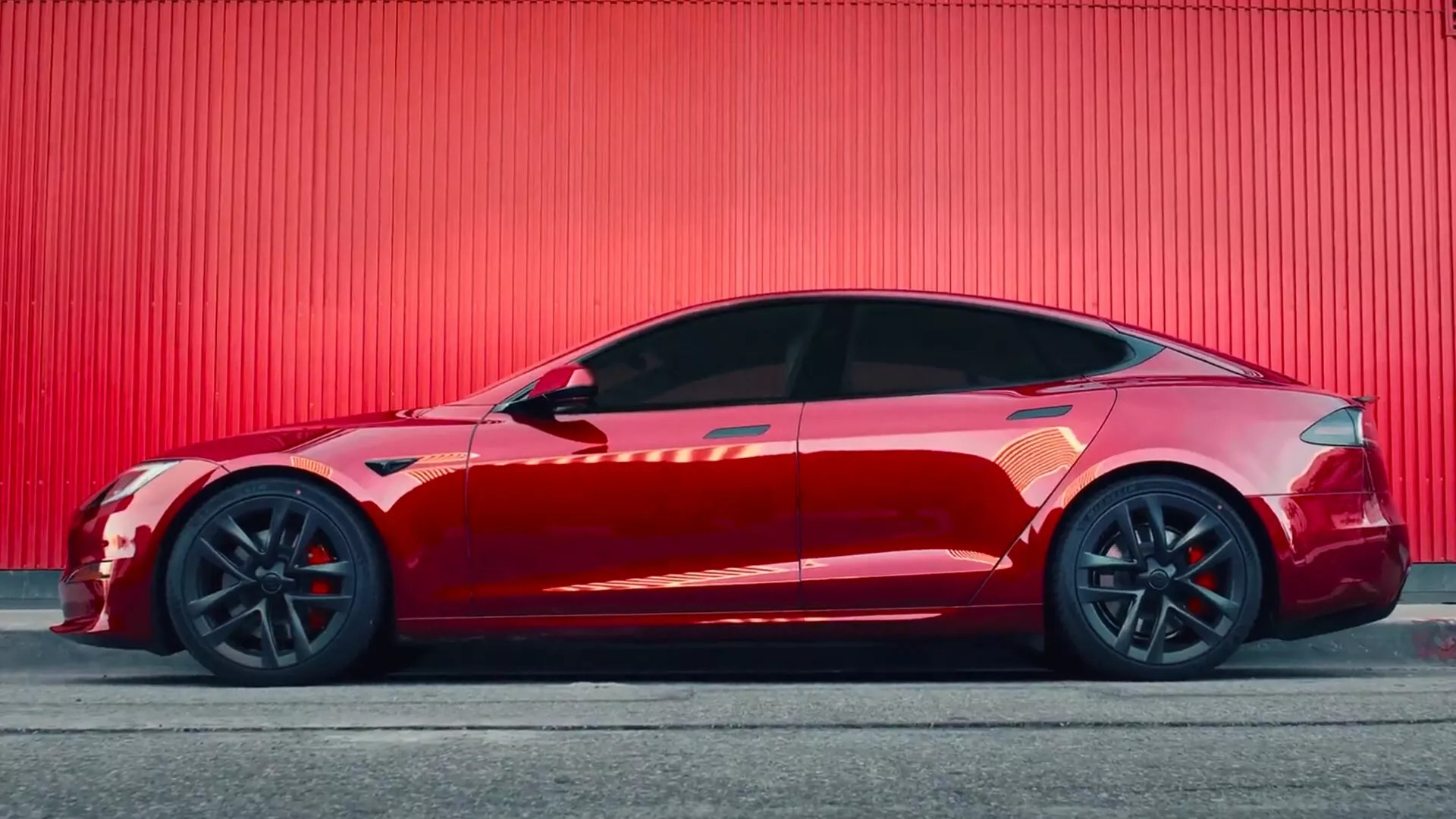The latest data on car registrations for the month of February was recently released by the British Society of Motor Manufacturers and Traders (SMMT). Despite February typically being a slow month for car sales, plug-in cars achieved a remarkable market share.
February was the seventh consecutive month to witness growth, which the SMMT attributed to the alleviation of supply chain shortages. The number of cars delivered to individual buyers increased by 5.8%, and those to large fleets rose by 46.2%.
See also: More than three-quarters of a million electric vehicles now on UK roads
In terms of fuel types, hybrid electric vehicles (HEVs) experienced the most significant growth, increasing by 40.0% compared to other fuel types. Plug-in hybrids (PHEVs) grew by 1.0%, and battery electric vehicles (BEVs) continued to perform well, posting an 18.2% growth and accounting for one in every six new car registrations in the UK. In terms of figures, there were 12,310 all-electric cars registered in the UK, alongside 4,723 PHEVs and 9,633 HEVs.
In total, plug-in hybrid vehicles and battery-electric cars made up nearly a quarter of the market (22.8%), with a total of 74,441 new cars being registered in the UK last month.
The SMMT predicts that there will be further growth, with almost half a million (488,000) PHEVs and BEVs expected to be added to UK roads in 2023. More than 40 new plug-in electric models are set to be launched by manufacturers, which will inevitably increase demand for charging infrastructure. The Association has welcomed the new £56 million LEVI capability funding, but says that “binding targets” are needed to ensure that the rollout of charging points keeps pace with demand.
With the Spring Budget approaching, the SMMT considers this to be an “important opportunity” to call for a long-term plan for chargepoint investment, alignment of VAT on public charging with domestic energy use, and a review of the Vehicle Excise Duty premium that will unfairly penalize EV buyers who switch to this more expensive technology in the future.
See also: UK Car Industry Reaches Lowest Production Levels Since 1956 Amid Pandemic and Chip Crisis
Mike Hawes, the SMMT’s Chief Executive, said that it was “crucial that the government takes every opportunity to support the market, which plays a significant role in the UK’s economy and net zero ambitions. As we move into the ‘new plate month’ in March, with more cutting-edge cars becoming available, the upcoming budget must provide measures that facilitate this transition, increasing affordability and ease of charging for all.”
In other news, the London Electric Vehicle Company (LEVC) announced that there are now more TX electric taxis on the streets of London than diesel TX4s. The company’s range-extended taxis now represent more than 40% of the official black cab fleet, with over 6,000 electrified vehicles currently operating in the city.
LEVC’s CEO, Alex Nan, commented that “we are witnessing a significant turning point in the move towards cleaner transportation, with the TX surpassing the diesel-powered TX4 as the preferred cab in London. There are now over 6,000 TX electric taxis operating in the city, accounting for more than 40% of the black cab fleet.”







